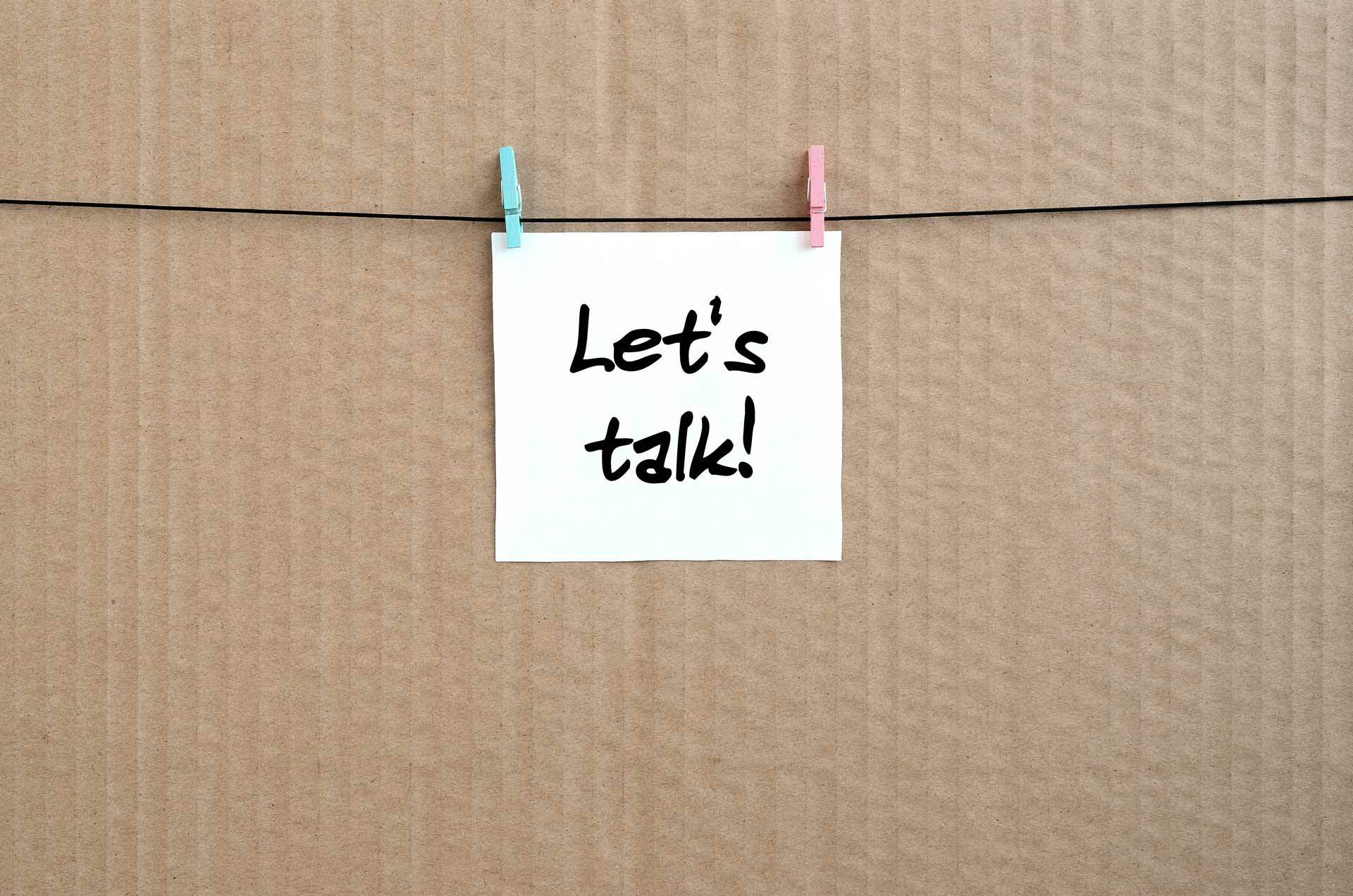*Affiliate disclaimer statement:
I only recommend things that I really love, that I have used personally with my own kids or students. This article contains affiliate links, which means I earn a small commission at no extra charge to you if you decide to purchase.
The year 2020 has been called many things: A dumpster fire; a s*#tstorm; a nightmare. Never in our wildest dreams – at the end of 2019 – could we have imagined all that we are coping with in this current time.
Christopher is a single dad, working from home while helping his kids with online school. He has daily interruptions in his work day when his kids need his help logging in to a Zoom class. He is falling behind with work assignments and feeling overwhelmed and ineffective.
Maria lives by herself, in a different state from her family; she has not seen her relatives for nearly a year. She is feeling extremely isolated and disconnected from her work colleagues, making it difficult for her to concentrate and feel a sense of accomplishment from her work,
Jo and Sandy are barely scraping by, as they have both lost their jobs due to the financial downturn. They find themselves stressed out and arguing about financial decisions. They love each other but the past year has taken a serious toll on their relationship.
The crisis we are living through has impacted everyone in the world on many levels, and particularly our emotional well-being. The pandemic is just one crisis our world is experiencing. Layered on top of this, so many people of color in the U.S. are experiencing racial trauma due to the unrest of racial violence during the course of events this past year. As a humanity, we are collectively feeling depressed, anxious, uncertain, and depleted. As the pandemic stretches on, the stress hormones flowing through our bodies have taken a toll on our ability to cope and our mental health.
So let’s take a deep breath and talk for a minute about the importance of getting help, as this is truly the best gift you can give yourself this holiday season.
Let’s Normalize:
This year is NOT normal. All the emotions we are experiencing are very NORMAL human responses that can be traced to the physiology of how the brain reacts to stress and trauma. Tara Haelle, a science journalist, interviewed several experts for her article “Your Surge Capacity is Depleted – and It’s Why You Feel Awful” (including Dr. Ann Masten, a psychologist, who is quoted here):
“I think we maybe underestimate how severe the adversity is and that people may be experiencing a normal reaction to a pretty severe and ongoing, unfolding, cascading disaster,” Masten says. “It’s important to recognize that it’s normal in a situation of great uncertainty and chronic stress to get exhausted and to feel ups and downs, to feel like you’re depleted or experience periods of burnout.”
Many of us have found ways to connect with others to share these experiences, and normalization often brings a flood of relief and feelings of support. “I’m not alone” can be one of the best affirmations to help us feel grounded, connected to others, and even the tiniest bit stronger to get through our daily challenges of life.
But what do we do when this isn’t enough?
Let’s Strategize:
During a time in your life when things are beyond stressful, it’s important to get very strategic and intentional about how you plan to approach the challenges you’re facing. Start by thinking back to challenges you’ve faced in the past: What are some ways that helped you address these? What coping strategies helped you manage the stress of these difficulties? This is an important time to reach out to your support people, whomever they may be–family members, neighbors, friends or co-workers–people you trust to be your cheerleaders through these difficult times. Look to the people who are able to show true empathy and compassion, rather than people in your life (and we all have them) who may not be great in this area. Unfortunately sometimes the people we love the most in the world aren’t always supportive or empathic when we are at our most vulnerable, leaving us feeling more isolated and filled with shame. Other coping strategies need to be added to the action plan as well, and we’re not just talking about a massage or a bubble bath. Your coping plan needs to build up your protective factors, by setting clear boundaries on what you can take on (remember that overwhelmed surge capacity?), checking your own expectations of yourself, and making sure you’re getting enough sleep and exercise to keep your body and brain healthy.
Let’s Mobilize:
Finally – and most importantly – let’s talk about the red flags that we need to pay attention to, that let us know we need to mobilize additional support. Here is a starting list:
- Your sleep and eating patterns are disrupted (too much or too little);
- Your level of distress is significant over a long stretch of time, more days than not. Your coping strategies have been maxed out and they don’t help your stress or anxiety come down to a manageable level.
- Your ability to function is impaired, such as not being able to keep up with daily responsibilities with parenting or work. We all know that “adulting is hard”, but it’s time to seek help from a professional if you literally can’t do the daily work of taking care of yourself and your family.
- Most importantly – if you are having thoughts of self-harm or suicide, seek help right away from your local crisis support organization, where they can help you stay safe and connect to support.
Our recommendations for mobilizing support:
If you feel ready to take the next step to connect to a mental health professional, it is easier than you might think! There are several options to help you get started:
- Better Help – The Better Help platform is an incredibly convenient and affordable way to connect with a licensed professional for individual, couples or child/teen counseling. Sessions take place via chat, phone or video conferencing over a virtual platform, so it is safe for social distancing protocols.
- Employee Assistance Programs – Many large companies offer a benefit to their employees called the Employee Assistance Program (or EAP), many of which provide up to 4-6 counseling sessions at no cost. Check with your Human Resources department to see if this is something offered by your employer.
- Psychology Today – This website provides a search engine to find a therapist in your area. Enter your city or zip code, and then narrow your search to find a professional that is the best fit for you (such as insurance providers, gender, area of specialty, etc.).
NORMALIZE. STRATEGIZE. MOBILIZE. Nothing is more important right now than keeping your body and mind safe and healthy. Don’t let yourself suffer in isolation; reaching out for help is a courageous step towards healing. Give yourself (and/or a loved one) the gift of emotional well-being to start off the new year with clarity and wellness.

